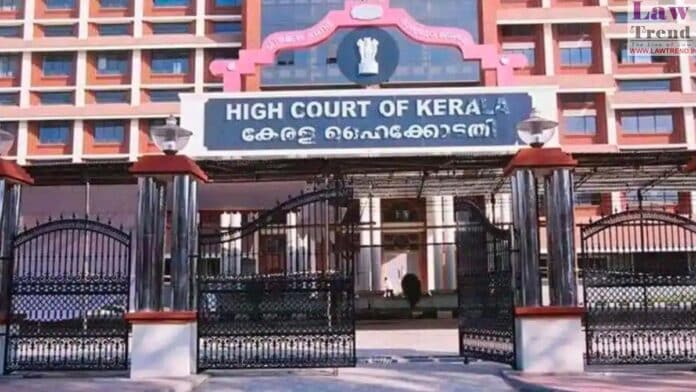The Kerala High Court has directed the Food Safety Commissioner of the state to take action, including periodic inspections, to prevent illegal transportation of ‘tsunami’ (poor quality) meat to Kerala from neighbouring states.
The High Court said the issue of lack of infrastructure and scientific slaughter houses also requires special attention.
It directed the Health and Family Welfare Department to explore improving the infrastructure and the requirement of scientific slaughter houses.
The directions were issued in a petition which the court had initiated on its own in May last year based on news reports of several incidents of food poisoning in Kerala and the death of a young girl after consuming ‘shawarma’.
The directions to prevent the poor quality meat from coming into the state were issued in the wake of a report placed before the court in February by the District Judge and the Member Secretary of the Kerala State Legal Services Authority (KSLSA) regarding the unhygienic sale and transportation of tsunami meat from Dindigul in Tamil Nadu to Kerala.
Subsequent to the report given by the KSLSA Member Secretary, the Food Safety Commissioner told the court that the tsunami meat was seized and destroyed.
He also told the court that in the financial year 2022-2023, the Food Safety Department has conducted 1131 inspections, lifted 21 surveillance samples and destroyed 505 kg of meat.
“Rectification notices and closure notices have been issued to those establishments who had failed to comply with the directions given by the officers of this department.
“Joint inspections have been conducted along with the Railway Food Safety officers, so as to prevent transportation of tsunami meat to the state,” the Food Safety Commissioner told the court.
He also told the court that while Kerala was a state which consumes a large amount of meat, lack of scientifically designed slaughter houses adversely affect the quality of the meat being consumed.
“As of now, in the State of Kerala, there exist only a few slaughter houses, which meet the standards
“It is respectfully submitted that consequent to lack of basic infrastructure and scientific slaughter houses, it has become difficult to ensure the quality of meat. Another problem which is being faced is with regard to traceability or identification of source or origin of the meat,” he had said in an affidavit filed in court.
He had also told the court that if any food item was found to be unsafe, penal proceedings will be initiated against the offenders as provided under the Food Safety Act of 2006 as well as the Rules and Regulations made thereunder.
Taking note of the submissions by the Food Safety Commissioner, the court directed him to “issue suitable directions to the officers under their control, to cause periodical inspections, reports be consolidated, and accordingly, action be taken to prevent illegal transportation of tsunami meat to the state of Kerala”.
“Respondents (authorities) are directed to implement the directions issued and also the commitment made in the report submitted to this court, in letter and spirit,” the High Court said.
The petition, which was disposed of in June last year, was revived by the High Court in January this year in the wake of a spate of food poisoning incidents being reported from various parts of the state and a woman dying as a result of it on January 2.




